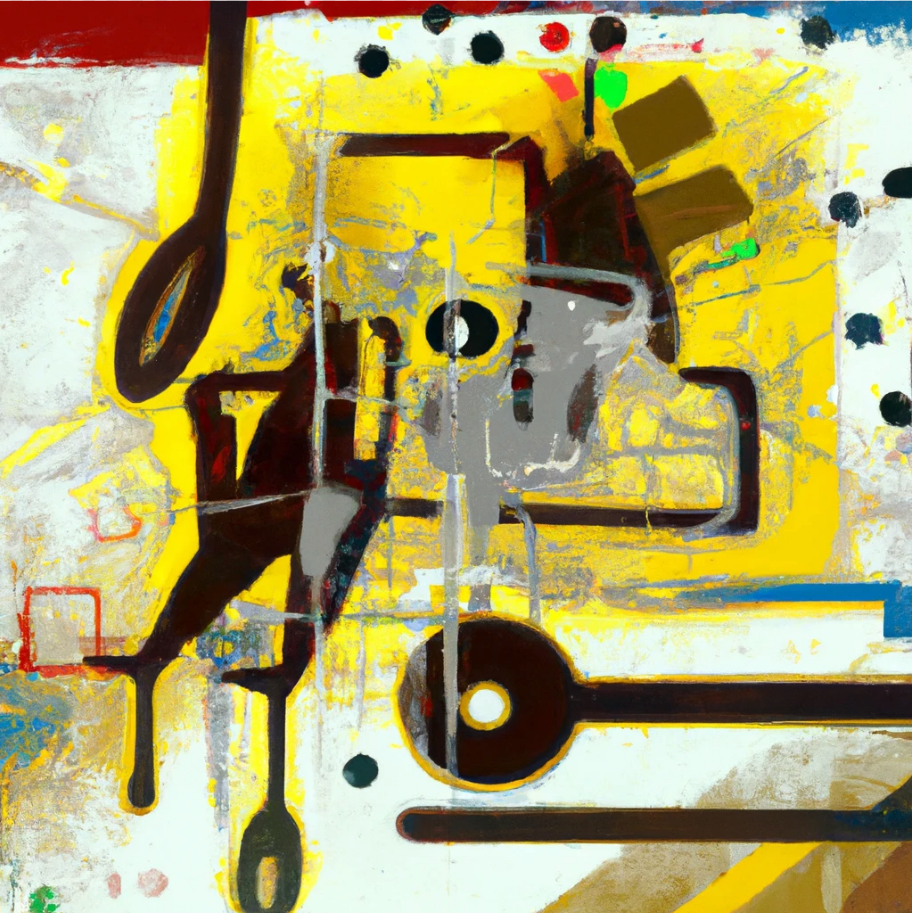A(I) threat to creativity?
Maybe the term “generative AI models” doesn’t mean much to you, but chances you’ve seen the fruits of their labor in the past few weeks are quite high. If not, you’ve been living underneath a rock…
Generative AI models are able to generate completely new texts (ChatGPT, GPT-3, OPT-175B) or images (Dall•E, StableDiffusion). Many more models and techniques exist — even able to generate music and video. For the last few months, I’ve seen nothing but praise for these techniques, which are now being used at every turn. However, it made me wonder: will these techniques kill our human creativity?

AI being a threat to human creativity, generated by DALL•E 2.
Spellchecker for creativity
It wasn’t until my spellchecker corrected me once again that I realized these generative techniques could become the spellchecker for our creativity. I frequently find myself not remembering the exact spelling of a word. However, as a computer engineer, I’ve abandoned the pen and paper for quite some time now, always having my spellchecker at hand. And, I have to be honest, it’s only because of my beloved spellchecker spoiling me with her red or green lines, and her suggested adjustments that I’ve become too lazy to remember the correct spelling.
Threat to our creativity
These generative models are very sophisticated, I have to admit. Over time, they will become more and more powerful, and generate more and more reliable and qualitative results. I’m afraid this will make us too dependent on them, leading us to stop thinking creatively.
It’s important to realize that these models are only powerful since they have been trained on our data. They have learned to output new data (such as texts or images) that are unique, but mimic the data it was fed as their input.
Writing this blog post could have even been possible using ChatGPT (which makes me wonder why I’ve even spent all this time writing it myself). It wouldn’t even have taken me more than a few minutes. Could these generative models become the new spellchecker for our creativity? And if we would stop being creative, wouldn’t this lead to homogeneous ideas and solutions?
They can be useful
The true sign of intelligence is not knowledge but imagination.
~ Albert Einstein
Don’t get me wrong, I see the added value of such generative models, and I have to admit I’ve used them quite frequently ever since I found out about them. Summarizing long articles, checking texts for typos, and gaining knowledge about a certain topic have become all too easy now. These models can free us from monotonous work, allowing us to focus on our more creative tasks hence driving our innovation and creativity. So, I would use them instead of abandoning them, but I propose to commit yourself to staying creative along the way.